On Purim day, we open our hands to the Jewish poor. Of course on every day of the year we also open our hands to the Jewish poor, but on Purim day there is a specific mitzva to do so, for we are required to see to it that everyone has the capacity to partake in at least some kind of Seudat Purim, a festive Purim meal. This mitzva is clearly inspired by the 16th chapter of Devarim, in which we are twice commanded to include the stranger, the Levi, the widow and the orphan in our Yom Tov joy. Thus Purim was ordained to be not only a day of feasting and sharing portions with our friends, but also a day of Matanot L’evyonim, gifts to the poor. Our shul, like so many around the world, fulfills this mitzva through sending funds to organizations in Israel who distribute the funds to the Israeli poor on Purim day.
But what about the non-Jewish poor on Purim? A few months ago one of my dearest congregants and friends proposed to organize an “Open Purim Seudah” on Purim day, here at our shul. For years we have been running regular lunches that serve our neighborhood’s poor and homeless, but for whatever reason, we had never done one on Purim. I recognized right away that there would be many Jews in our area who would benefit from such a Seuda, and if they were to come we’d have the opportunity to fulfill the objective of Matanot L’evyonim in a very direct way. So without hesitation, we laid the plans and began advertising. Now, while our expectation is that Jews will comprise the lion’s share of our Open Purim Seudah guests, I’m equally sure that many non-Jewish poor will also arrive, and they will obviously be included fully. (At out regular community lunches, between 50 and 60 percent of our guests are not Jewish.) Are they too part of the mitzva of the day? Does Matanot L’evyonim in some sense extend to them as well?
This question soon took on a more pressing quality when two more of my dearest congregants and friends proposed that – in the spirit of Matanot L’evyonim – we set up tables after megillah reading on Saturday night, invite people to make PB&J sandwiches, and then deliver them to LA’s and Santa Monica’s homeless on Purim day. Is this kind of effort in fact in the spirit of Matanot L’evyonim, or is it a sort of misplaced generosity on Purim day?
On the one hand, a very logical argument could be made that the tzedaka we do on Purim is – and should be – just about our fellow Jews. The focus of the day is on facilitating the Purim celebrations of those who otherwise wouldn’t have them, and it would therefore seem that at least on this day, all of our efforts ought be directed toward this goal. And not surprisingly, the Halacha makes it clear that we in fact only fulfill the actual mitzva of Matanot L’evyonim through giving to fellow Jews. The purpose of the Miztva clearly defines the pool of potential beneficiaries.
On the other hand, is it necessarily the case that the specific mitzva to support fellow Jews on Purim discourages us from practicing wider charitable activity on this day? Does the front-and-center focus on fellow Jews on Purim day imply that we should harness all of our charitable resources for this purpose exclusively? Or to the contrary, does Matanot L’evyonim generate a halachik ripple effect, rendering Purim day a time of generally heightened charitable activity?
Interestingly, the Shulchan Aruch addresses this question directly. “We are not overly particular with the Purim funds; rather we give to whoever extends his hand. And in a place in which it is customary to give to non-Jews as well, one gives to them.” (694:3) R. Yechiel Epstein explains (in his Aruch HaShulchan), that this is done “for the ways of peace, in the same manner in which we include non-Jews in all of our tzedaka, as [the Rama] rules in Yoreh De’ah 291”. Interestingly then, our question comes down to a community’s ordinary charitable practices. A community that routinely practices the Halacha of including non-Jews in tzedaka does so on Purim as well. My congregants and friends had hit the nail on the head. (By the way: R. Epstein notes that if the broader tzedaka can be performed with funds other than the official Matanot L’evyonim collection, this is preferable, but not technically necessary.)
There is a principle stated in Pirkai Avot that “one mitzva begets another”. As communities whose custom it is to support our own, and then also beyond our own, we render this literally true in the case of Matanot L’evyonim.






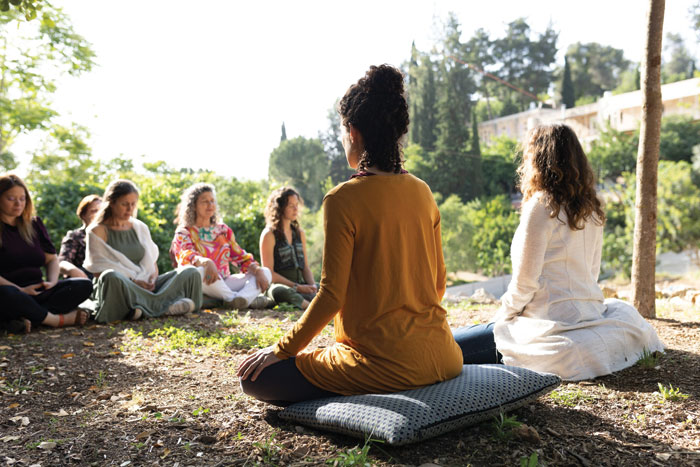

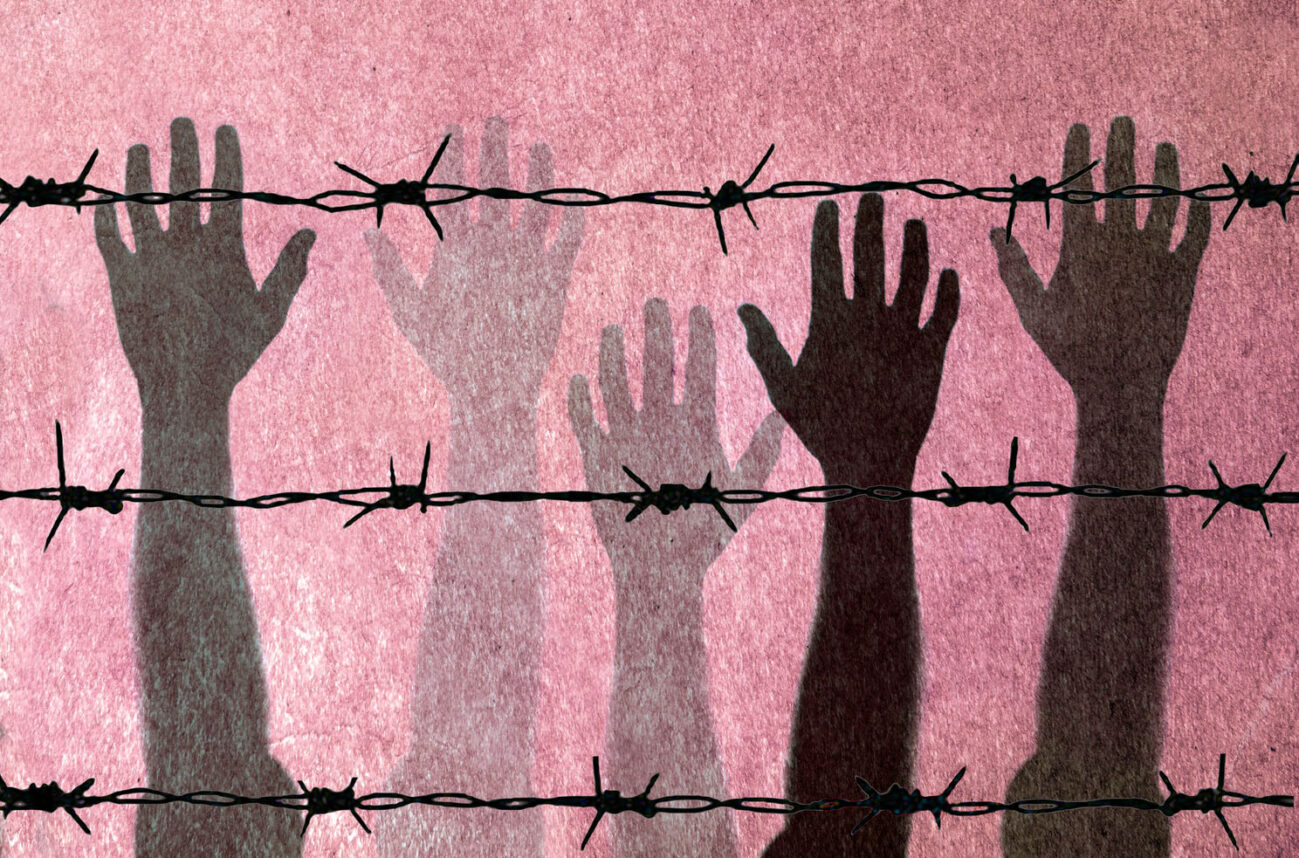


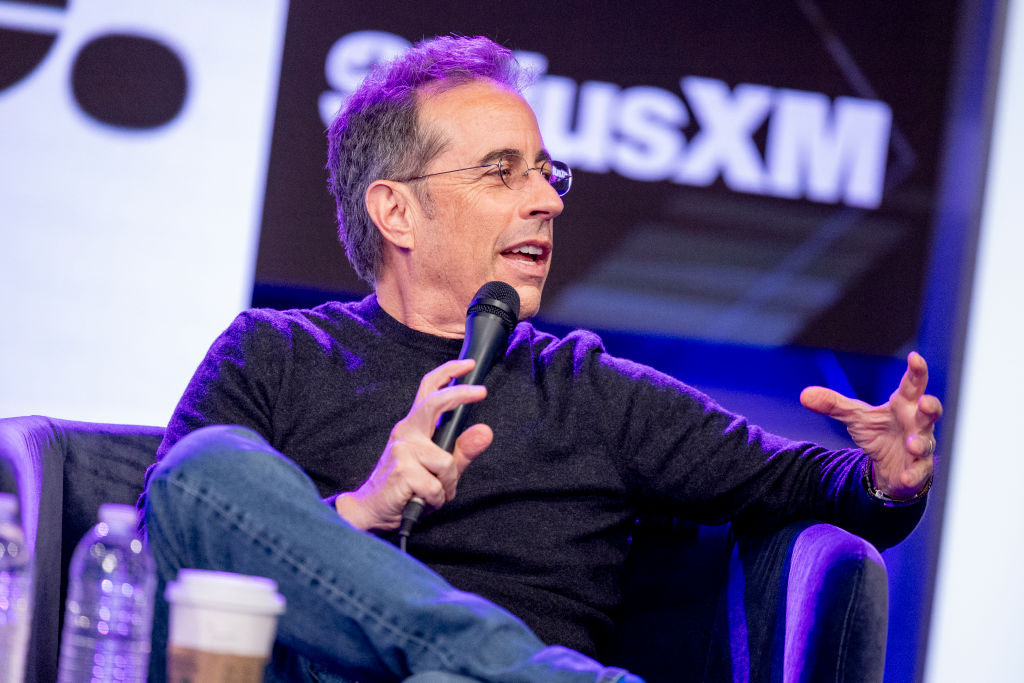


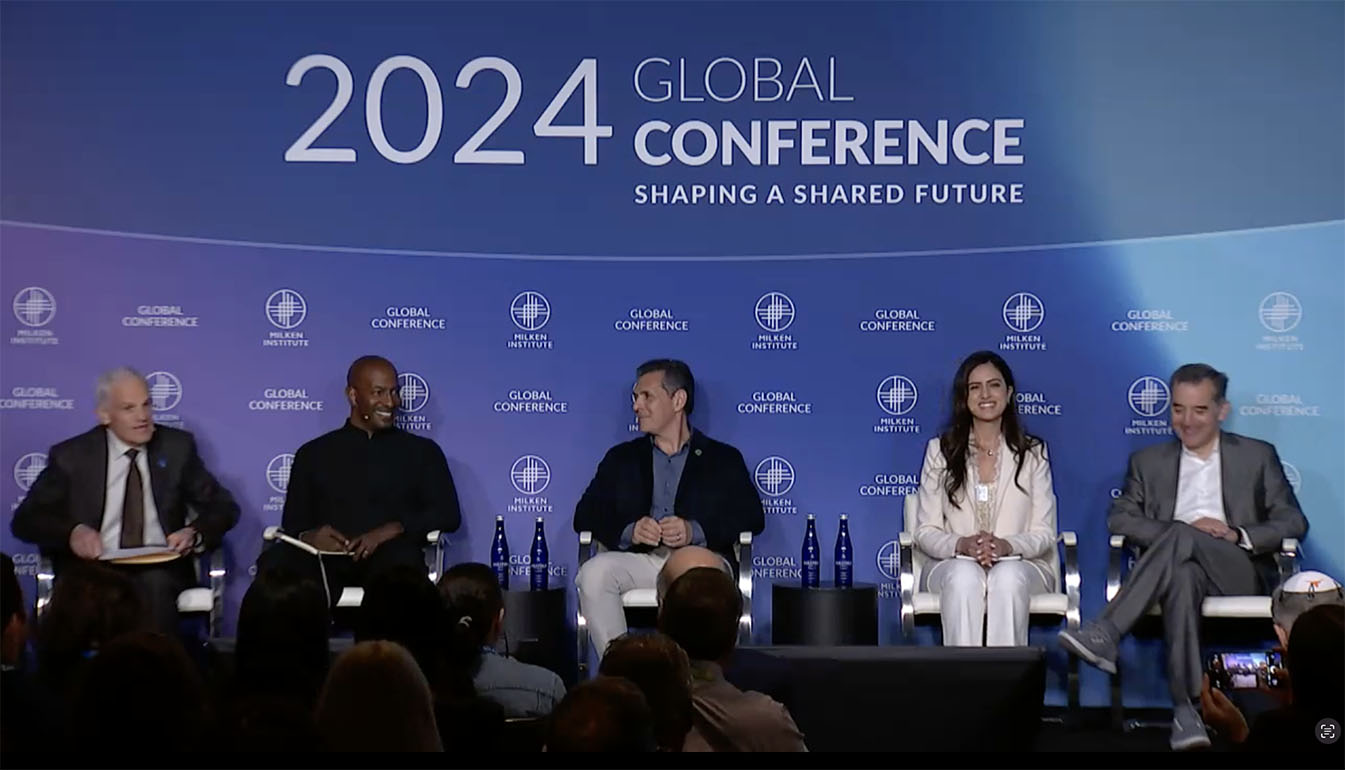
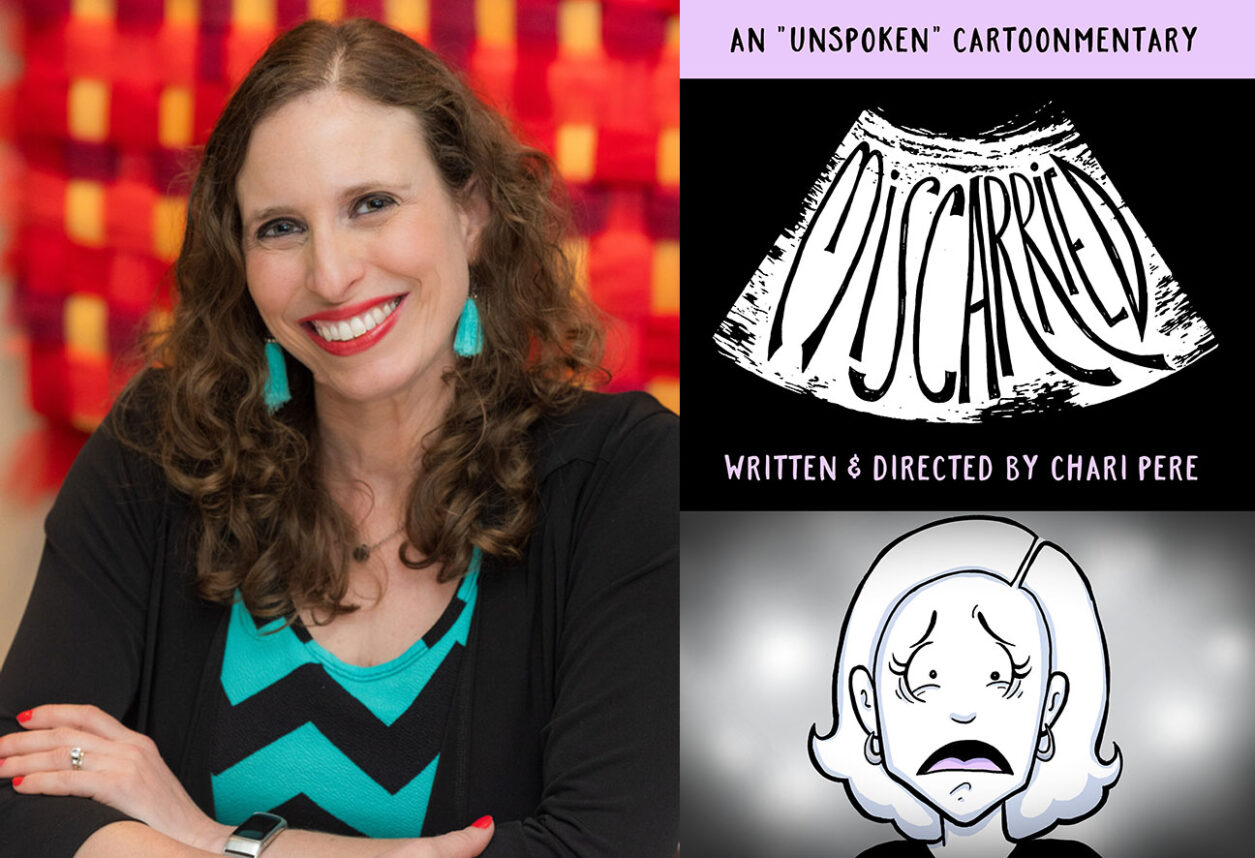






 More news and opinions than at a Shabbat dinner, right in your inbox.
More news and opinions than at a Shabbat dinner, right in your inbox.